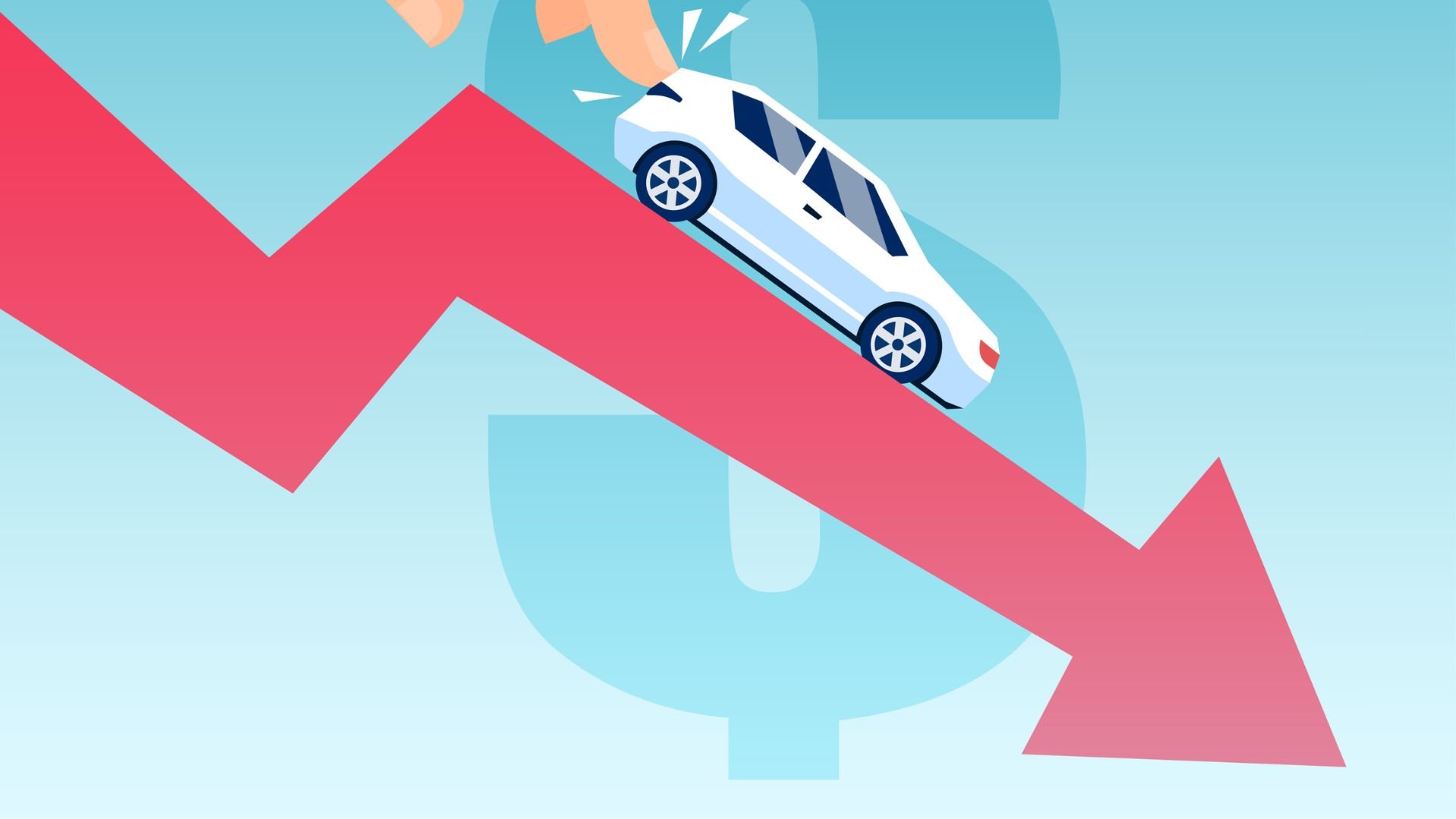What Does Depreciation Mean in the Automotive Industry?
Certified Content Writer at Big Valley Auto Auction. Victor likes to mix storytelling and humor into his articles.
When you go to the grocery store to buy milk, do you check the expiration date? A majority of people do, to determine the freshness of the milk. If the milk being sold expires 2 weeks later, it’s more likely to sell than the milk that expires the next day. The same logic applies to auto dealers looking to sell vehicles.
Since 2008, Big Valley Auto Auction has sold a variety of vehicles in different conditions. From near-perfect vehicles to vehicles only good for parts, our dealers are on the look for all kinds of units. However, we have encountered dealers who overestimate the value of their vehicle’s condition.
In this article, you’ll learn what depreciation is, what causes it, what happens when your vehicle depreciates, and how you can minimize your loss when trying to sell a depreciated vehicle.
After reading this article, you’ll have the information needed to understand what depreciation is and how to approach it.

What Causes Depreciation?
There are 3 guarantees in life: death, taxes, and vehicle depreciation. “Depreciation” is the reduction in market value that occurs over time. Similar to food losing value the closer it gets to its expiration date, depreciation of a vehicle measures the decrease in its worth as it gets older. When depreciation of a vehicle occurs, dealers have a harder time selling their vehicle for a price close to what they originally paid. That price only gets worse the longer they hold the vehicle.
Just like there are various causes of death and types of taxes you pay, multiple factors play a role in your vehicle’s depreciation. The following 5 factors play a huge role in your vehicle’s depreciation.
Time of the Year
In the same way hot chocolate sells better during the winter, certain vehicles sell better in specific periods of the year. Once the tax season comes around, dealers put that money towards new inventory to stock up their lot.
However, the auto auction industry sees a shift in the market during the summer months of June through August. During this period, sales and attendance for auto auctions are slightly lower than usual. This change in the market is a good reason to sell before the market shifts again in the fall.
Automotive Market
Market shifts determine the change in trends in the automotive industry. A vehicle that was the hottest trend in 2019 is not going to be worth the same in 2024. Its value is going to decrease as the months and years go by, so it’s best to sell as soon as possible. You don’t want to be holding a vehicle that becomes unpopular.
If you get an offer close to the vehicle’s current market value, it’s best to accept it. If you’re trying to sell a 2019 Ford, it’s not going to be worth the 2019 price. Holding on to the vehicle too long will just make things worse, as it’ll just continue to get older and lose value as newer models come into the marketplace.
Vehicle Age
Once food expires, a new shipment of food is delivered to stores, to replace previous items. This happens with vehicles that don’t sell beyond their peak of condition. For example, a 2016 vehicle will turn 8 years old in 2024. In 2025, it will be 9 years old, and it’ll just continue to get older as every new model debuts.
As time goes on, your vehicle will continue to depreciate. In fact, a brand new car depreciates 10% the moment you drive it off the lot, and a brand new car will depreciate 60% after 5 years. Based on these statistics, it’s best to sell your vehicle sooner rather than later to keep up with supply and demand.
Supply and Demand
Supply and demand is the relationship between the price of a product, its availability and the buyers' demand for it. If the demand for a product is high, but the supply is low, the price will be higher.
In the automotive industry, if a popular vehicle only has 100 models available for sale, then the demand will be higher. Since there are fewer models available, more people will want to buy them as soon as possible, making the vehicle more valuable and lowering its depreciation rate.
However, if there is an abundance of vehicles that are not popular, their depreciation rate will increase much sooner. This could be due to consumer preference for features or geographical needs.
Location
The area in which a person lives plays a big role in a vehicle’s value. For example, in 2023, the Toyota Corolla is the most popular vehicle in Florida. The reason for this is that it’s a reliable and efficient vehicle that can handle the high temperatures and traffic in cities like Miami and Orlando.
While this vehicle is in high demand in Florida, it’s not the same in Texas, where pickup trucks reign supreme. If you’re from Florida and you’re trying to sell a Toyota Corolla in Texas, its value will depreciate quicker than it would in Florida, since Corolla features are less desirable in Texas.
The same would apply to a Subaru Forester in South Texas. A Forester’s features are built for the snowy conditions in Colorado. Since there is no snow in Texas, that Forester is less valuable and will depreciate quicker.
Can I Minimize Loss From Depreciation?
While a loss from depreciation cannot be prevented, it can be less impactful if the right strategies are used.
Selling your vehicle as soon as you can will decrease the loss you will face. The longer you hold on to your vehicle, the greater your loss will be.
Checking the market report regularly is another method to stay up to date with your vehicle’s current value. Tracking your daily depreciation rate will give you an estimate of what your loss will be.
How Should I Price My Vehicle at an Auto Auction?
Depreciation is important to keep in mind when pricing your vehicle. You must consider the time of year, market value, vehicle age, supply and demand, and location when setting a price. Just like milk has an expiration date, vehicles have a depreciation rate.
Whether you’re a first time seller in the automotive industry or you’re a dealer wondering why your vehicle isn’t selling as well as you’d thought, you can use this information to approach the process of depreciation smartly and effectively.
While depreciation lowers the value of your vehicle, not all hope is lost. There are 4 tips you can use to increase your vehicle’s chance of selling at your next auto auction.




